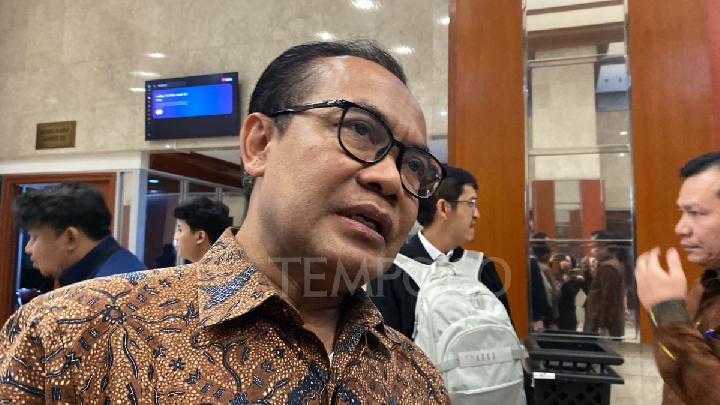
Indonesia to Establish Six New Special Economic Zones, Including Its First Halal SEZ
On September 9, 2025, the Indonesian government announced plans to establish six new Special Economic Zones (SEZs) across the country. This initiative was revealed by Susiwijono Moegiarso, the Secretary of the Coordinating Ministry for Economic Affairs, during a press conference held at the ministry’s office in Central Jakarta. The establishment of these zones is contingent upon approval from President Prabowo Subianto.
New Economic Zones Await Presidential Approval
During the press conference, Susiwijono emphasized that the six proposed SEZs are currently awaiting presidential regulation approval. He noted, “There are still six SEZs awaiting presidential regulation approval, waiting for the President’s decision.” This step is crucial for the realization of these economic zones, which are expected to contribute significantly to the national economy.
Among these new zones, one stands out as Indonesia’s first halal economic zone, planned to be located in Sidoarjo, Central Java. The government sees substantial potential in this Halal SEZ, aiming to position Indonesia as a key player within the global halal industry supply chain.
Positioning Indonesia in the Global Halal Market
Susiwijono outlined the government’s vision for the Halal SEZ, stating, “We will promote the halal SEZ the same as the SEZ in Sei Mangkei, which is part of the global value chain.” The intention is to capture a share of the market for halal goods that have traditionally been sourced and processed in China and its neighboring regions, with a downstream market primarily situated in the Middle East.
He provided an example of the gelatin industry, explaining that gelatin is typically produced in China using pig bones and skin. The Indonesian government sees a significant opportunity to intervene in this supply chain. “We want to take that share; we want to add value to the goods that have undergone initial processing in China, with their market in the Middle East, diverting first to the Halal SEZ. We will add value there,” he elaborated.
Investor Interest in the Halal SEZ
Susiwijono also indicated that there is already considerable interest from investors in the Halal SEZ. “There are already queued-up investors; I forgot their names, it’s related to gelatin and some products, with the final products marketed in the Middle East and its surroundings,” he stated. This investor interest is a promising sign for the development of the Halal SEZ and its potential impact on the Indonesian economy.
Overview of Indonesia’s Existing Special Economic Zones
Currently, Indonesia boasts a total of 25 Special Economic Zones. Among these, seven are located on Java Island, while the remaining 18 are situated in other regions of the country. The existing SEZs comprise 13 industrial zones and 12 service-based zones, reflecting the government’s commitment to diversifying economic activities and attracting foreign investment.
The establishment of the new SEZs, particularly the Halal SEZ in Sidoarjo, is expected to enhance Indonesia’s economic landscape by promoting sectors that align with global market demands. As the country seeks to strengthen its position in the halal industry, the government is optimistic about the potential benefits these new zones will bring.
Conclusion
The announcement of six new Special Economic Zones, including Indonesia’s first halal economic zone, marks a significant step in the country’s economic development strategy. With pending approval from President Prabowo Subianto, the government is poised to enhance Indonesia’s role in the global halal market and attract investment to boost its economy.
Key Facts
– Indonesia plans to establish six new Special Economic Zones (SEZs).
– The announcement was made by Susiwijono Moegiarso, Secretary of the Coordinating Ministry for Economic Affairs.
– One of the new SEZs will be Indonesia’s first halal economic zone in Sidoarjo, Central Java.
– The SEZs await approval from President Prabowo Subianto.
– Indonesia currently has 25 SEZs, with 13 industrial and 12 service-based zones.
Source: en.tempo.co
